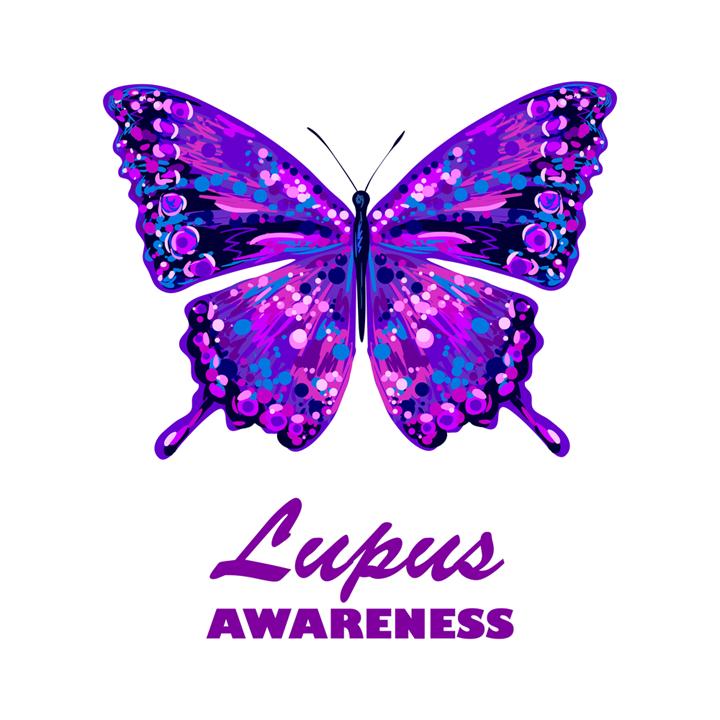There’s no denying that most women aren’t thrilled about menopause, but since it’s inevitable, having a positive and information-based outlook is the best way to meet the challenge head-on. Here are some tips for making the transition as easily as possible and embracing this new stage in your life.
Put Yourself First
If you do not feel happy within yourself, you won’t be able to be there for the other important people in your life. During this changing period in your life, it is good to do things for yourself in order to maintain balance and to avoid feeling overwhelmed.
Lower Your Stress Levels
Try to avoid situations that you know will cause you stress as much as possible, as this will likely worsen your symptoms. It might also be worth looking into stress-lowering practices such as yoga, meditation, and other deep-breathing exercises, which provide health benefits far beyond the scope of menopause.
Consider Hormone Therapy
Also known as HT, hormone therapy can include supplements of estrogen, testosterone, and progesterone in combinations determined by your doctor. This can help cushion the effects of menopause as these hormones naturally drop. While there some risks associated with hormone therapy, the symptomatic and health benefits far outweigh the potential side effects.
Learn Your Symptom Triggers and Avoid Them
Pay attention to anything you notice triggers menopause symptoms, such as hot flashes or mood swings. These triggers could include hot beverages, spicy foods, chocolate, stuffy rooms, heat, and stressful situations, just to name a few. Be armed with things that can diffuse your symptoms once they begin, such as carrying a small fan in your purse or in your desk at work. Additionally, you could ask your doctor if certain prescription medications such as Ativan or Xanax would be good to take as needed.
Get Plenty of Sleep
Getting enough sleep can significantly help reduce your symptoms. But, as you may know, rest can be hard to come by when you are going through menopause. Here are some tips to help you get the amount of sleep you truly need:
- Aim for at least 30 minutes of exercise during the day.
- Prepare your body for bedtime by keeping a calm environment one to two hours before you go to sleep. This includes dim lighting, no stressful activities, and minimal time in front of a TV or computer screen.
- Design your own bedtime ritual. This can include a warm bath, gentle music, soothing tea, etc. Whatever helps you unwind is bound to help.
- Try to go to sleep at around the same time each night to get your body in a rest routine. Staying up later or trying to go to sleep earlier will only hinder the process.
- Prescription sleep aids can be a good, but temporary, solution to getting a full night of sleep. The most common include Ambien, Lunesta, and Restoril.
Adjust Your Lifestyle Accordingly
Changing simple things in your life can also help you adjust to menopause. For example, changing your diet to eat five to eight mini-meals per day instead of three large ones can help with your digestion. Exercising at least 20 to 60 minutes per day can also help with your mood swings and your insomnia.
Featured Image Source: DepositPhoto / gioiak2



